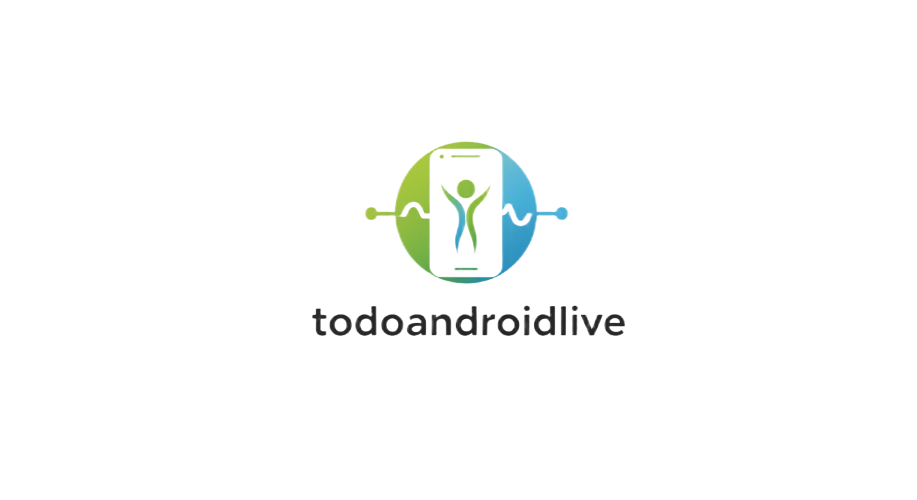Polycystic Ovary Syndrome (PCOS) is one of the most common hormonal disorders affecting women of reproductive age. It can impact menstrual cycles, fertility, weight, skin, and overall health. The earlier PCOS is identified, the better it can be managed through lifestyle changes and medical support. Understanding the early signs is key to timely diagnosis and treatment.
Irregular or Missed Periods
One of the earliest and most noticeable signs of PCOS is irregular menstruation. Women with PCOS may:
- Have fewer than 9 periods a year
- Go months without a period
- Experience very heavy or prolonged periods
This happens because the hormonal imbalance prevents normal ovulation, disrupting the menstrual cycle.
Excess Facial or Body Hair (Hirsutism)
PCOS often leads to an increase in androgens (male hormones), which can cause excess hair growth in areas like:
- Upper lip
- Chin
- Chest
- Back
- Abdomen
This condition, called hirsutism, is one of the most visible early symptoms and can affect self-esteem.
Acne or Oily Skin
Hormonal imbalances can also trigger severe acne, especially along the jawline, cheeks, and chin. Unlike regular breakouts, PCOS-related acne may persist beyond teenage years and may be resistant to common skincare treatments.
Oily skin, clogged pores, and breakouts that worsen around menstruation are common indicators.
Weight Gain or Difficulty Losing Weight
Many women with PCOS struggle with unexplained weight gain, particularly around the abdomen. Insulin resistance — a condition where the body doesn’t use insulin effectively — is common with PCOS and contributes to weight retention.
Even with diet and exercise, losing weight may be more challenging for women with this condition.
Thinning Hair or Hair Loss
In contrast to excess hair in unwanted areas, PCOS can also cause hair thinning on the scalp. This is due to the same elevated androgen levels, which may lead to:
- Hair falling out in clumps
- Widening hair part
- Thinner ponytails
This pattern of hair loss may resemble male-pattern baldness and can be distressing.
Dark Patches of Skin (Acanthosis Nigricans)
Some women develop dark, velvety skin patches, especially in body folds such as:
- Neck
- Armpits
- Groin
- Under breasts
These patches can signal insulin resistance and are often overlooked as a PCOS symptom.
Mood Swings and Depression
PCOS can also affect mental health. Due to fluctuating hormones, physical symptoms, and fertility concerns, many women experience:
- Mood swings
- Anxiety
- Depression
- Low self-esteem
Emotional symptoms can be just as serious as physical ones and should be addressed with professional help if needed.
Fatigue or Low Energy
Persistent fatigue, even after a full night’s sleep, may be linked to hormonal imbalances and insulin resistance. Many women with PCOS feel tired throughout the day and may experience:
- Brain fog
- Difficulty concentrating
- Low motivation
This can affect productivity, relationships, and overall quality of life.
Difficulty Getting Pregnant
PCOS is a leading cause of infertility due to irregular or absent ovulation. Early signs include:
- Long gaps between periods
- No signs of ovulation (such as no cervical mucus)
- Trouble conceiving despite trying regularly
If you’re planning for pregnancy and facing challenges, early testing for PCOS is advised.
Cravings and Blood Sugar Imbalance
Craving sweets or carbohydrates frequently may be a sign of insulin resistance associated with PCOS. Some women also experience:
- Sudden energy crashes
- Lightheadedness
- Increased hunger even after meals
Managing diet early can help stabilize blood sugar and reduce other PCOS symptoms.
When to See a Doctor
If you’re noticing any combination of the symptoms mentioned, it’s time to speak with a gynecologist or endocrinologist. Diagnosis usually involves:
- Blood tests to check hormone and insulin levels
- Ultrasound to look for ovarian cysts
- A review of menstrual and health history
Early detection leads to better outcomes through medication, exercise, and dietary changes.
Final Thoughts
PCOS may develop quietly, but the early signs are visible if you know what to look for. Irregular periods, unwanted hair growth, acne, and weight gain are not just cosmetic concerns — they may signal a deeper hormonal imbalance. If these symptoms apply to you, don’t wait. Early action leads to effective management and a healthier life ahead.

